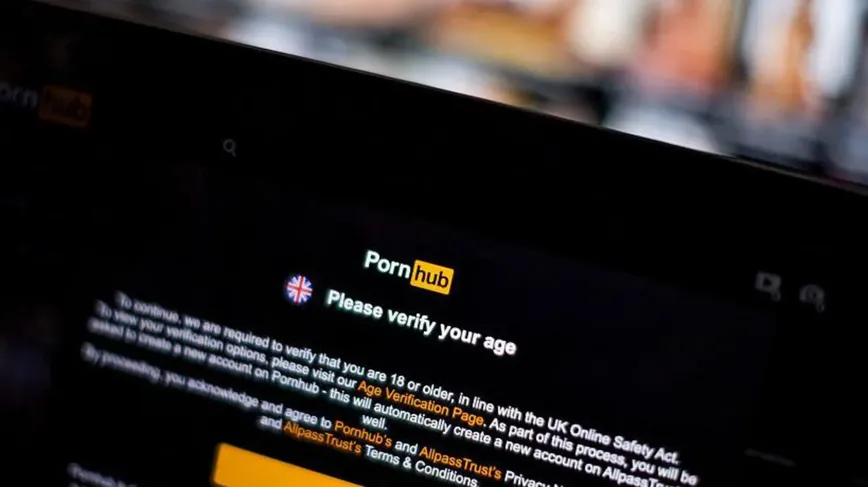
Pornhub Reports Major Dip In Uk Traffic Post Age Verification Rollout

UK Traffic Takes a Hit
Pornhub is experiencing a significant drop in UK visitors – a whopping 77% since the implementation of the Online Safety Act's age verification requirements in July. The legislation mandates that users prove they're over 18 using methods like facial ID for accessing adult content. Is this a shift in online habits or just a workaround boom? The answer might be both.
“The rest are users shifting to sites that don’t require age checks,” shared Aras Nazarovas, indicating a possible migration to less regulated platforms.
Interestingly, Google data shows a nearly 50% decrease in searches for Pornhub since the law took effect, although this doesn't necessarily mean a decline in consumption. Many users could be visiting through VPNs, which obscure their locations and complicate traffic statistics.
VPNs and the Regulatory Response
The introduction of age checks has sparked a surge in VPN use, with Cybernews reporting over 10.7 million downloads of VPN apps from UK app stores in 2025. Ofcom also notes a shift, with VPN use spiking to 1.5 million daily users when the law was enacted, later dropping to around one million.
Cybernews researcher Aras Nazarovas emphasizes the effect on traffic data, explaining that Pornhub's lost UK audience may actually be "reclassified as non‑UK traffic" due to VPNs.
Industry Pushback and Calls for Change
Pornhub's parent company, Aylo, voices the industry's concern about enforcing these rules. Executive Alex Kekesi describes the task as "insurmountable," with 240,000 adult sites and only a fraction complying with the age check requirements. Some non-compliant platforms, she claims, are thriving with exponential growth.
The debate extends to how these checks are conducted. Kekesi suggests device-level checks rather than site-specific methods. This approach, which would protect personal data, contrasts with countries like France where non-compliance resulted in blocking access.
While Ian Corby from the Age Verification Providers Association calls for robust, meaningful checks, others like cybersecurity scholar Chelsea Jarvie stress the need for multiple layers of protection to ensure online safety.
Ofcom remains steadfast, prioritizing investigations based on risks and user numbers, while the government underscores its commitment to safeguarding children online. As the discussion evolves, the challenge remains in balancing privacy, safety, and practical enforcement in the digital age.















